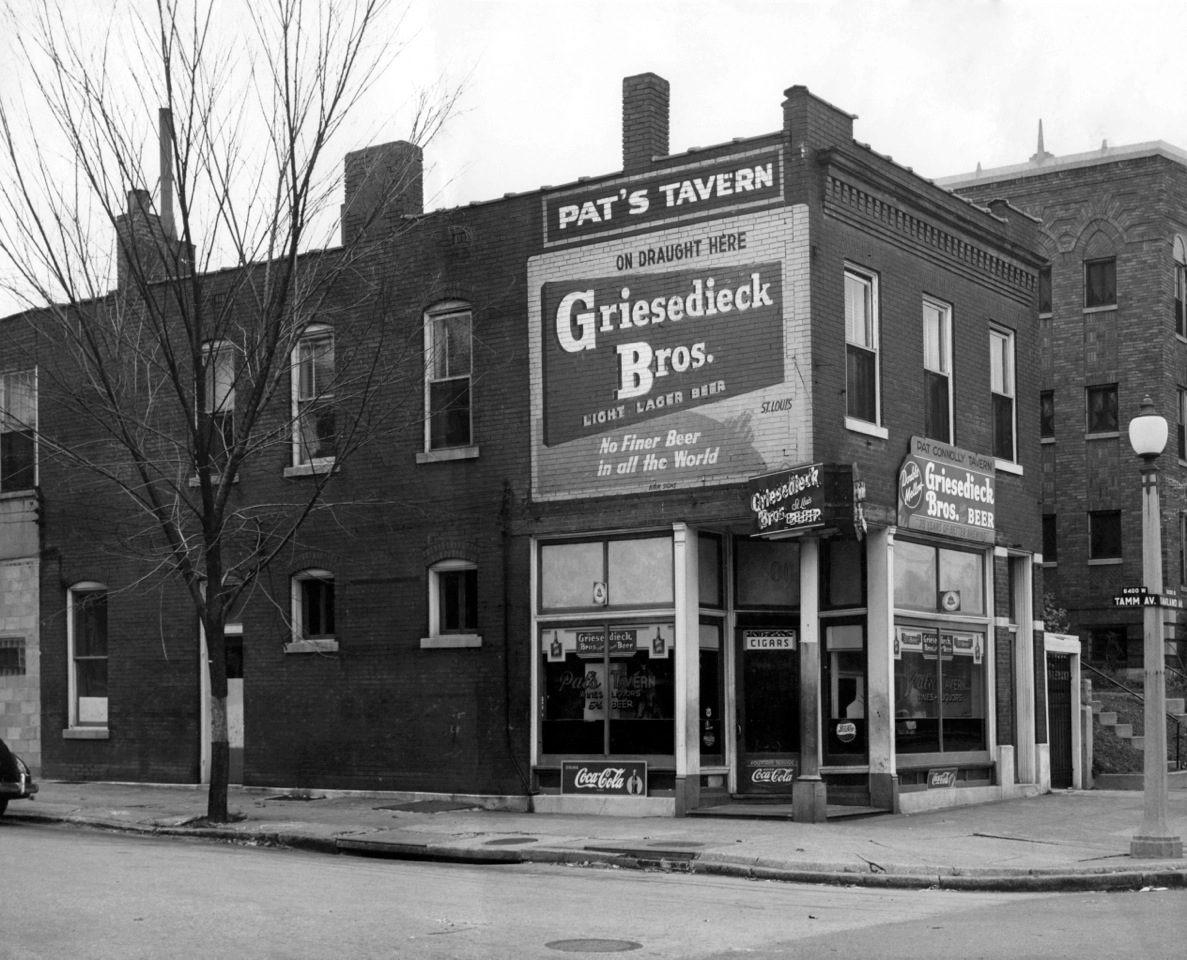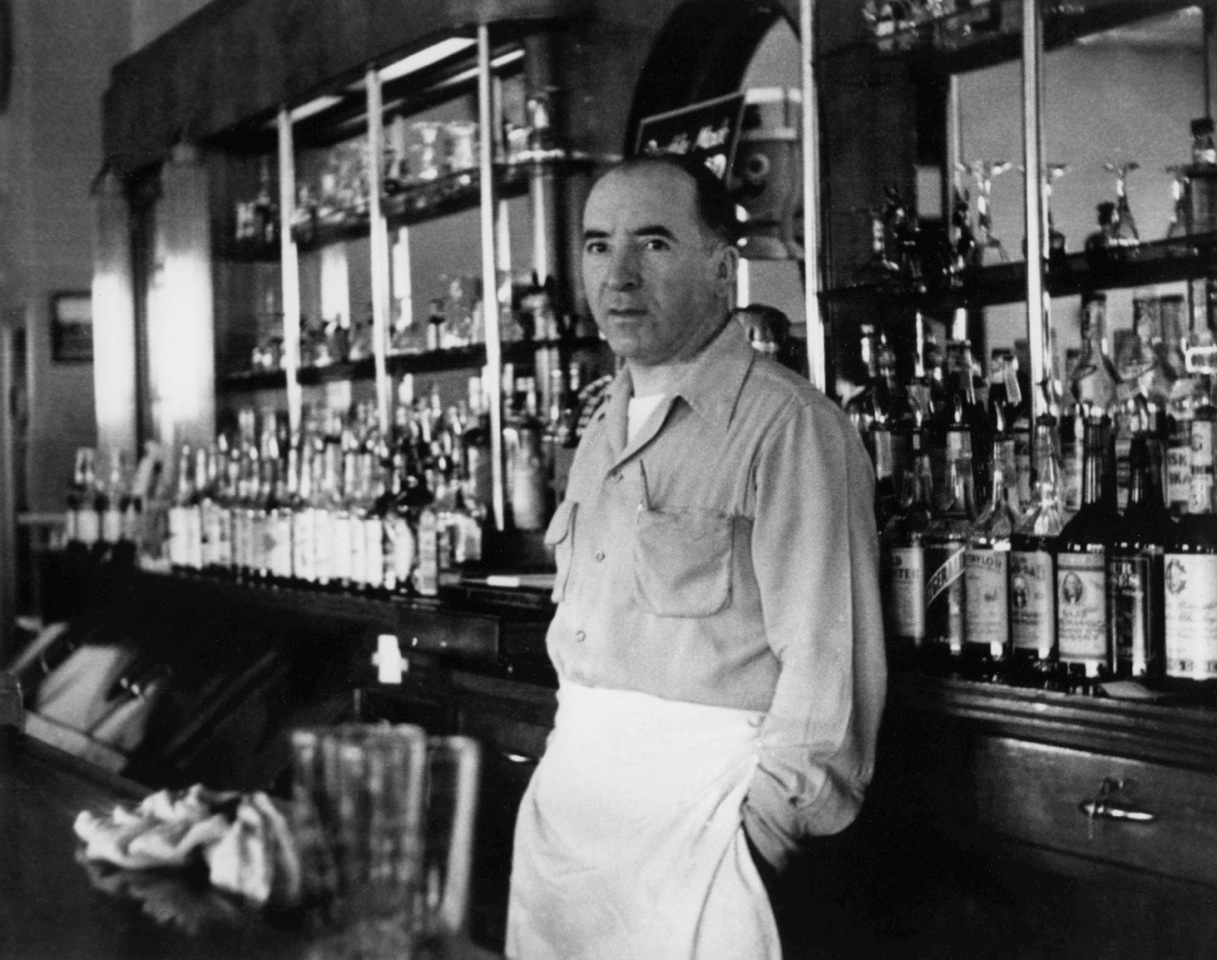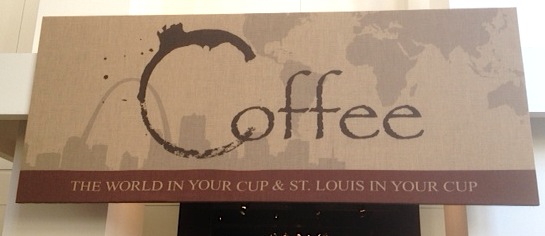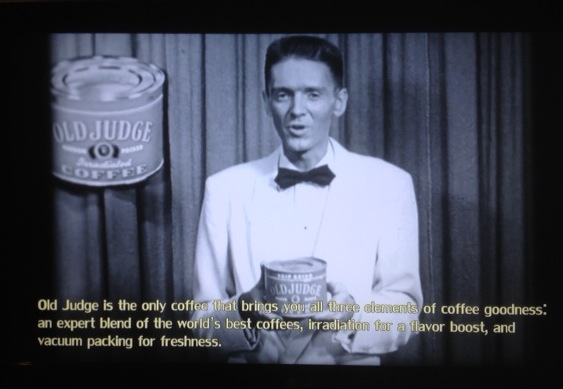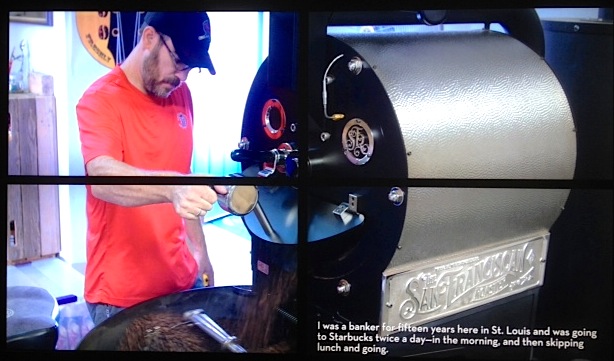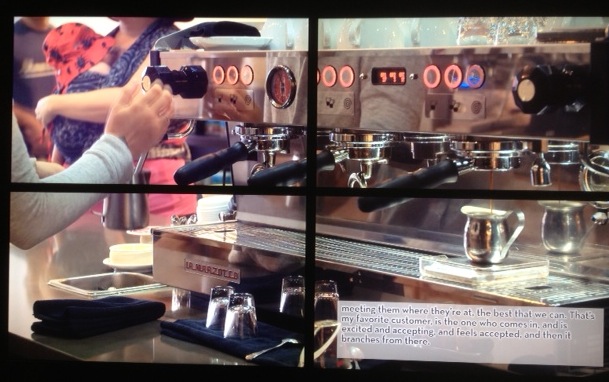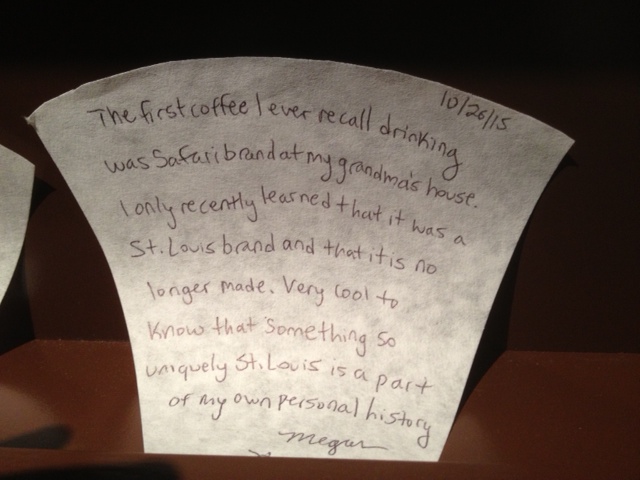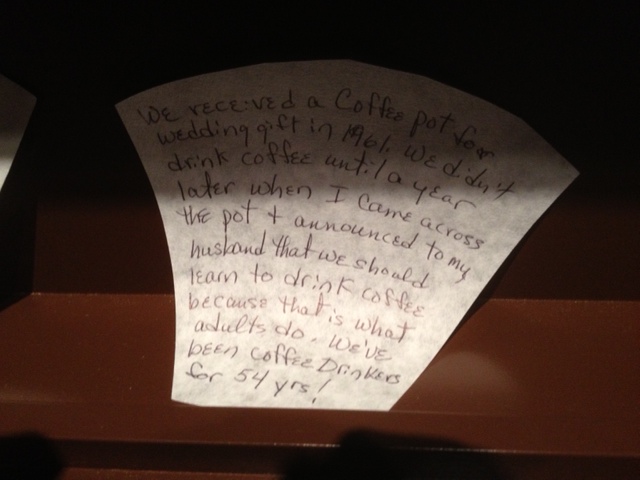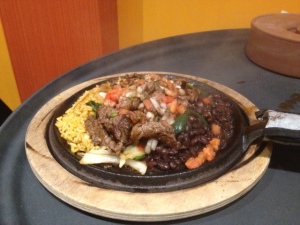
I did lots more restaurant eating this year since before the pandemic began! A few highlights:
Great smash burger at Firefly Grill in Chesterfield Valley in August! Also enjoyed burgers this year at Billy G’s Finer Diner in Chesterfield and at the Duck Inn Market in Valley Park. And at Mac’s Local Eats on Oakland Avenue. And a decent burger was enjoyed at Ruthie’s Family Restaurant in Rosebud MO.
Dined at the Harbor House in Milwaukee in June. Sometimes when you go to a place where the location—in this case right on Lake Michigan—is the main attraction, the food and service may not be up to par. Happy to report that the Harbor House experience was top-notch… had a gorgeous chunk of halibut!
My 2nd favorite out-of-town barbecue joint is Jim’n’Nick’s, a chain headquartered in Birmingham. Had wonderful brisket at their Gardendale AL restaurant in May. Generous portion—had leftovers the next day. And their mac’n’cheese is great, too. (Favorite non-STL BBQ is Saw’s Soul Kitchen in B’ham but didn’t make it to that part of town this year.)
Lunched at Katie’s Pizza and Pasta in Town & Country in July. Had their triangular shaped pasta with pesto sauce. Pretty good!
In April, celebrated my wife’s birthday at Annie Gunn’s and we got one of their “snugs”(private booths). Son and daughter joined us. Food and service were extraordinary. (We had lunched there in December 2022 and were happy to be back.)
Had a nice lunch at Carreta’s in Creve Coeur for my birthday. Looking forward to visiting their new location in Twin Oaks (West County) which has recently opened.
Favorite waffle of the year was at Silver Pancake House in Warson Woods.
Went back to Busch for a Cardinals game. Had the spicy stir-fry with chicken in the Redbird Club. Tasty and plentiful! (That’s right, the best ballpark food I had this year was stir-fry. Probably should’ve had a brat when we went to the ballpark in Milwaukee.) Despite Waino serving up a homer to Pete Alonso—I yelled at Adam to walk him but did he listen? No!—leading to another Cardinals loss, it was good to be back at the ballpark.
Favorite breakfast of the year—maybe because we had to wait for a table on a busy Saturday and were just a mite hungry—was at Half and Half in Clayton. That place has the strongest coffee in town! Food’s good, too!
In October, after a fall foliage tram ride on the Katy Trail from Rocheport to McBaine and back, we had delicious gumbo at the New Orleans House of Gumbo in Boonville MO. Spicy!
Made a City Foundry visit back in February. Food good. A bit pricey at some of the vendors’ spots. I got an “ancient grains” bowl and grandson got a waffle. Haven’t made it back yet but looking forward to sampling more of the Foundry food. Happy to hear that a coffee spot has just opened there! (I did get to the nearby Alamo Drafthouse movie theater. Anxious to try their popcorn with churros.)
Not the biggest pizza fan but loved the Kosmic Karma pizza I got from Mellow Mushroom in Chesterfield in May.
Biggest disappointment of the year for me was a visit to Nudo House in Creve Coeur. Broth was good. The chunk of pork in my food was not delicious and hard to chew. But worst of all… the place was cold inside on a 35 degree day. The message I got was “eat your food and get out!” We did. Won’t be back.
Happy eating in 2024! Let’s hope everybody working in food and beverage in St. Louis has lots of success and fun in the new year!
—David Craig






